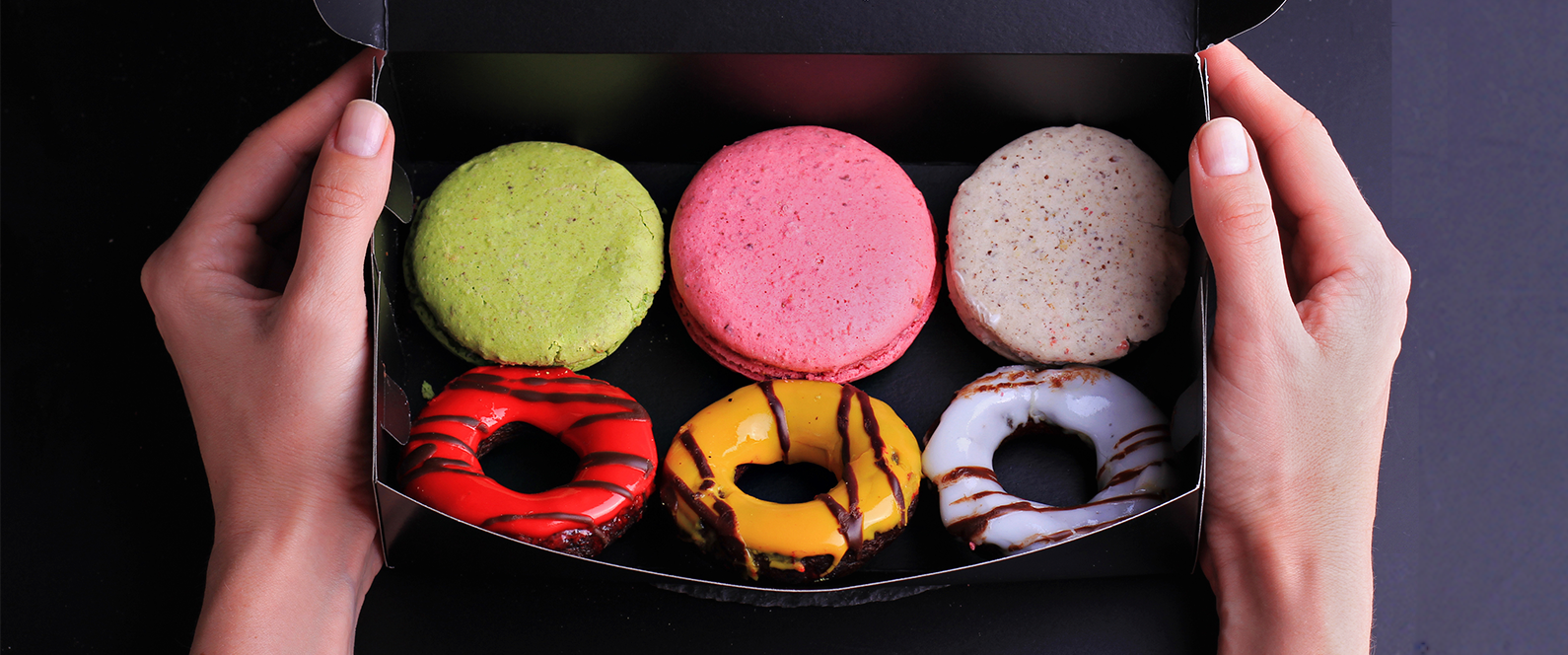Emotional eating and COVID-19
 It is important to identify & overcome emotional eating, and maintain healthy eating habits during these tough times
It is important to identify & overcome emotional eating, and maintain healthy eating habits during these tough times
During the COVID-19 pandemic there is growing evidence of positive behavior changes pertaining to the food choices and eating habits of some subpopulations. However, for many others, isolation, boredom and changes in daily routine have created much stress and anxiety, which has left many feeling vulnerable and turning to feel-good foods to suppress or soothe negative emotions. Eating when stressed or bored, rather than when feeling physically hungry, is called emotional eating or stress eating. This is not a problem if occasional. However, if emotional eating is the only coping strategy used to deal with stress, this is problematic. Using food as a coping strategy is short-lived and only provides a temporary relief. This is not an effective way to manage stress. Moreover, feel-good foods are typically sugary and high in calories. Hence, eating large amounts of these feel-good foods over time can lead to many health problems. Therefore, it is important to identify and overcome emotional eating and maintain healthy eating habits during these tough times.
Tips to overcome emotional eating
- Self-monitor and manage triggers. Before eating, try to understand if it is real hunger or just a craving for specific kinds of foods. If the last meal was eaten just a few hours ago, it is probably just a craving due to boredom or stress. Do not give in to emotional triggers. Instead, consider other healthy behaviors like walking or talking to a friend.
- Set a regular eating schedule. Eating regular, well-balanced meals with items from all food groups (fruits, vegetables, whole grains, protein foods and dairy) provides satiety and fullness for longer periods. Planning and prepping for meals in advance helps a great deal in adhering to a schedule. Limit buying processed foods to avoid temptations. Instead, eat fresh, simple, home-made, balanced meals.

- Limit unhealthy snacking. If you feel the urge to eat a snack, consider healthy options like fresh fruits, vegetables with low-fat dips, nuts, unsweetened popcorn etc. Refrain from stocking high-calorie, high-fat and high-sugar content foods. Choose and stock low-calorie versions of your favorite foods to curb such cravings.
- Stay well hydrated. Thirst is also mistaken for hunger at times. Staying well hydrated is crucial for optimal health. Drinking water, sugar-free drinks, and flavored or herbal tea, can help to stay hydrated.
- Watch your portion sizes. This will help you avoid overeating. Qatar Dietary Guidelines provides recommendations regarding portion sizes for all age groups.
- Establish a regular sleep routine and exercise regimen. To help improve sleep, avoid caffeinated drinks and electronic devices an hour before bedtime. Also avoid taking irregular naps during the day.
- Manage stress and boredom. Healthy options other than food like reading, practicing yoga and meditation, staying connected with friends and family, listening to music, going out for short walks can all help to improve mood.
The COVID-19 pandemic provides a window of opportunity for many of us to reflect and improve our lifestyles. Staying healthy both physically and mentally is vital during these unprecedented times. Incorporating a healthy balanced diet, regular sleep, and physical activity as well as safely socializing with friends and family, along with stress management are vital for maintaining optimum health.
Sources: Houston Public Media | University of Maryland Medical System | Mayoclinic
Contributors: Ms. Anupama Jithesh, Dr. Sohaila Cheema, Dr. Karima Chaabna and Dr. Sathyanarayanan Doraiswamy
Editing: Mr. John Hayward